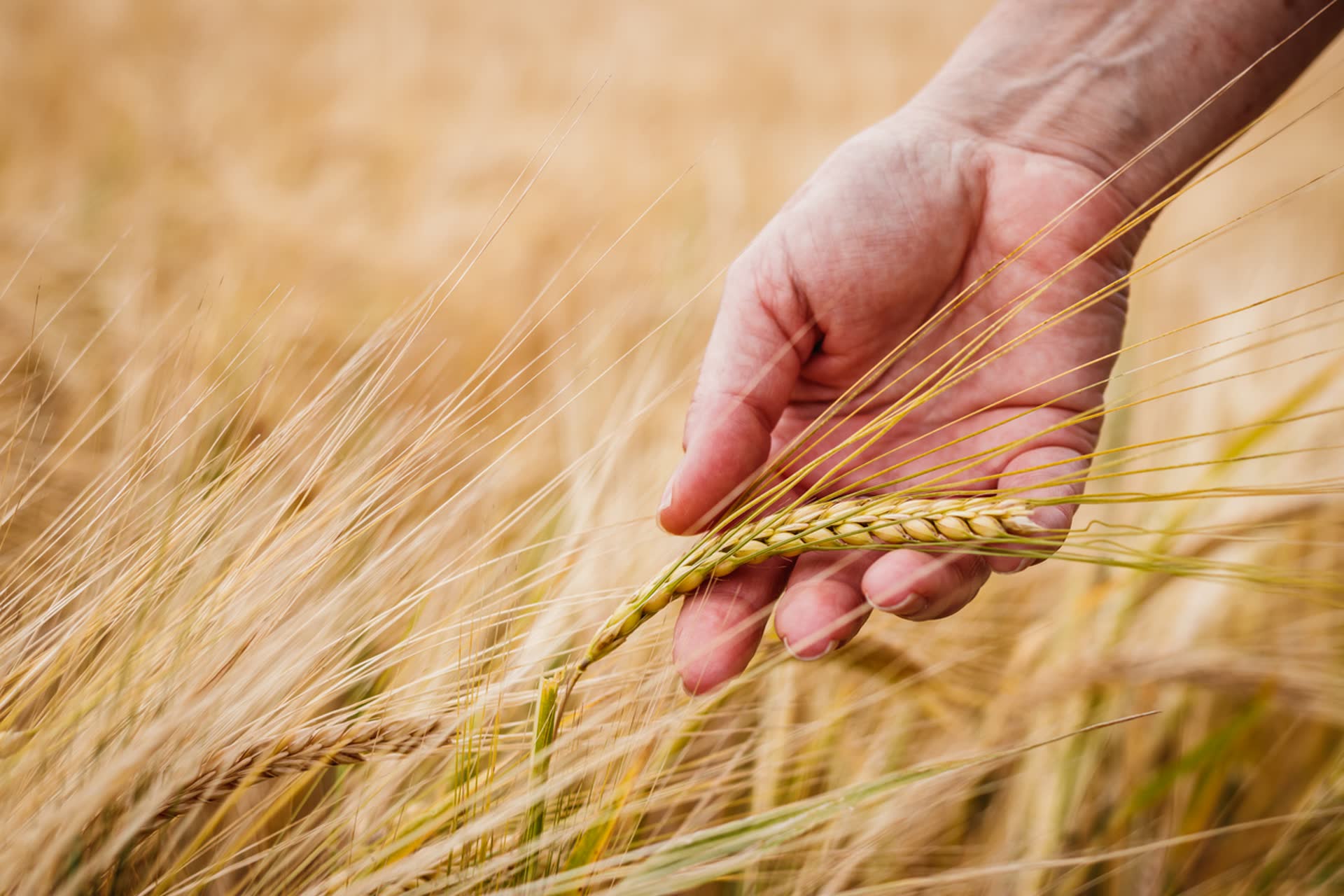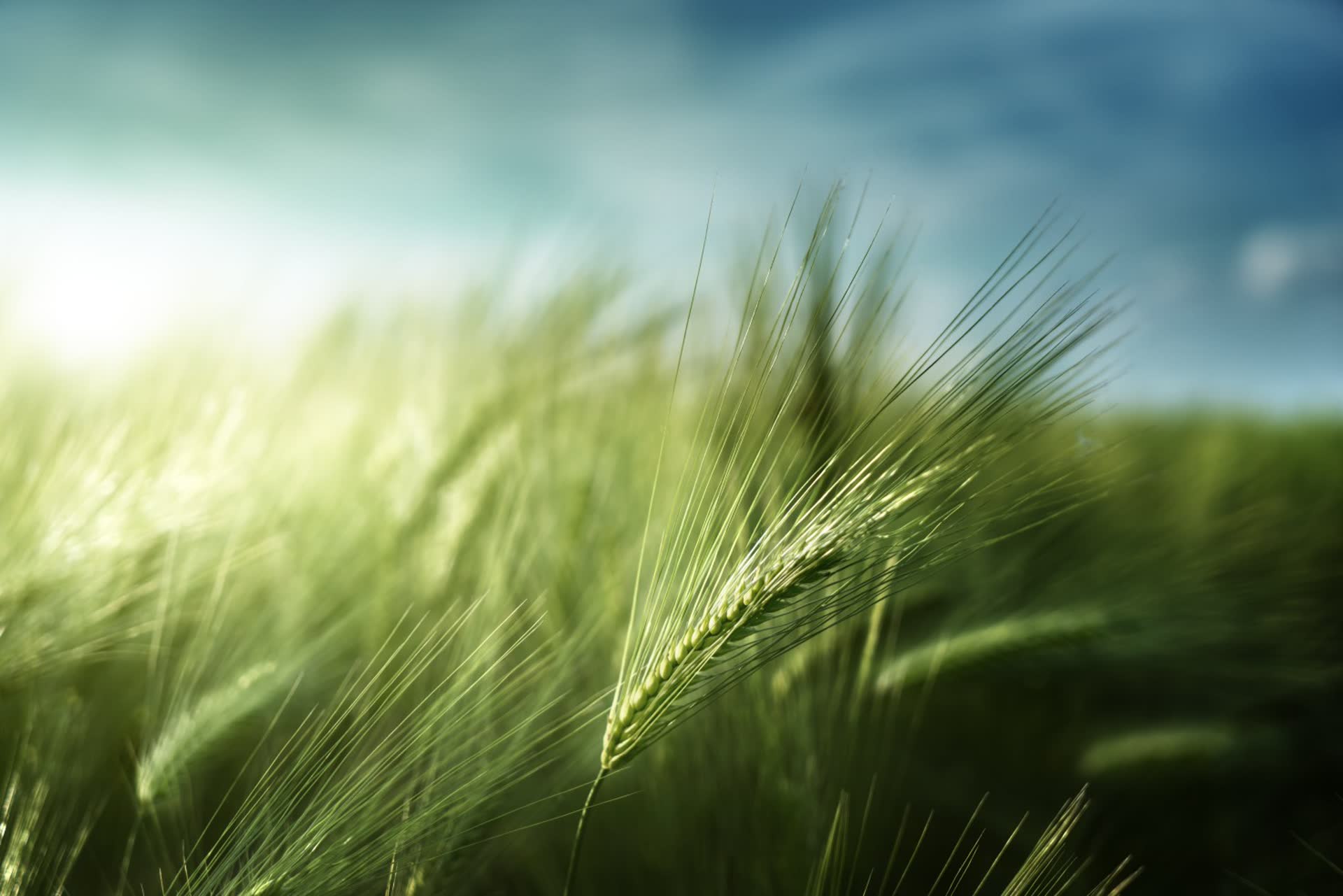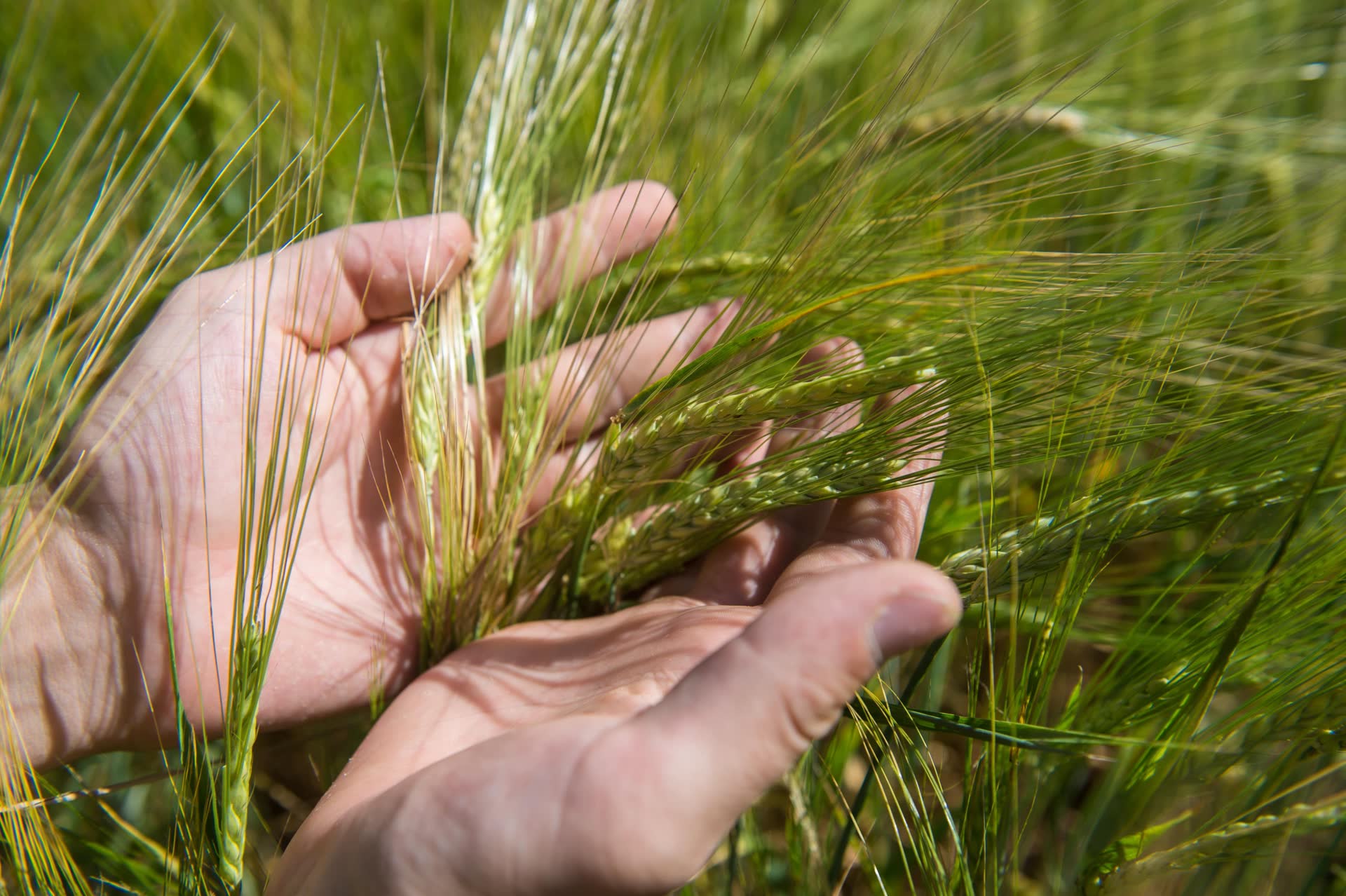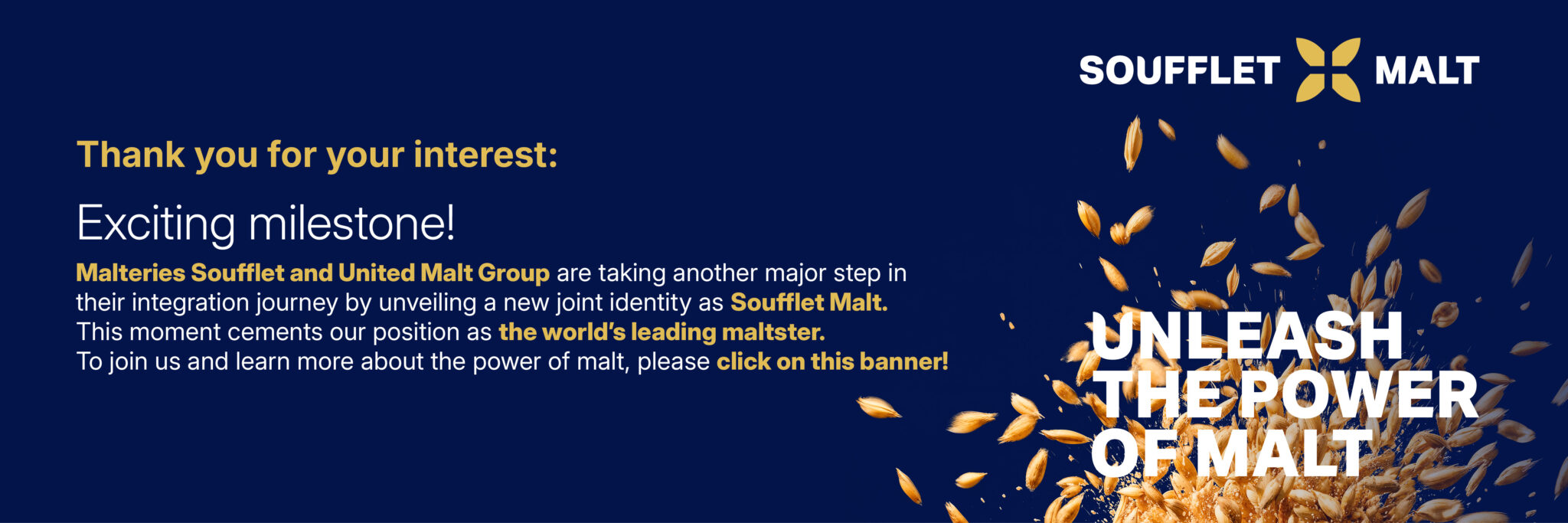Malteries Soufflet and Heineken: together for the development of low-carbon barley production.
Working to make tomorrow’s agronomic practices more virtuous
An unprecedented partnership between Heineken, Malteries Soufflet, Soufflet Agriculture and our partner farmers has been set up to think about how to improve the carbon footprint of the agronomic practices involved in barley production. Research and field trials have pinpointed a number of good agronomic practices that can reduce the crop’s carbon footprint. This work comes in response to the expectations expressed by beer consumers, who are increasingly attentive to the sustainability of the products they consume.
Trials to reduce the carbon footprint
Since 2019, we have been working together with Heineken on the production of a low-carbon barley via a project called the “Low-carbon farming programme”. As part of this project, we have set up numerous trials in France and Brazil.
Since 2019, we have been working together with Heineken on the production of a low-carbon barley via a project called the “Low-carbon farming programme”. As part of this project, we have set up numerous trials in France and Brazil. In fact, the upstream portion of the barley/malt/beer chain accounts for 30% of a beer’s carbon footprint, i.e. as much as the packaging (including bottles, cartons, capsules, etc.). Improving this upstream footprint is thus a key issue when it comes to providing more sustainable beers. To conduct these experiments, Soufflet Agriculture’s agronomists, drawing on our expertise, worked with the farmers who produce winter and spring barley. After numerous studies and observation work, the first areas for agronomic improvement were identified. Organised jointly by Malteries Soufflet and Heineken in November 2021, the “Low Carbon Barley Day” brought together experts from the barley/malt/beer sector at Malteries Soufflet’s headquarters in Nogent-sur-Seine. There, these experts discovered the research work on low-carbon barley production.
Three main agronomic levers were put forward to reduce the crop’s carbon footprint: the use of nitrogenous fertilisers, controlled by an independent third party, the optimisation of fertiliser use and the development of plant cover. These good practices have been deployed in different markets to assess their impact in terms of reducing carbon emissions and increasing carbon capture.
“Malteries Soufflet wants to source 80% of its barley from sustainable sources by 2030,” Guillaume Couture, CEO of Malteries Soufflet.
This programme is part of the CSR strategies of InVivo and Heineken
Malteries Soufflet’s ambition for 2030 – namely, to acquire 80% of its barley from sustainable sources – is in line with the InVivo Group’s CSR strategy. The group is also applying its “Sowing Sense” approach to strengthen the sustainability of its supply chains. For Heineken, this is also an integral part of its CSR programme, known as “Brewing a better world”, with the aim of achieving carbon neutrality by 2040.




